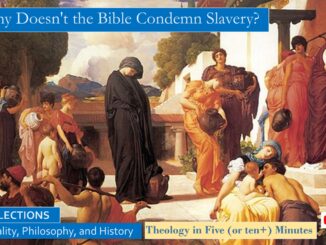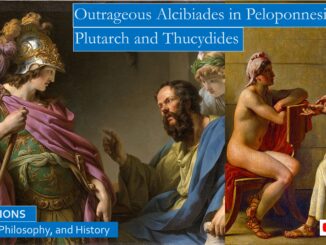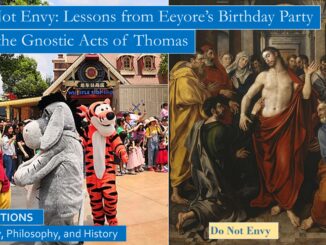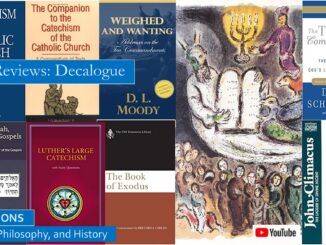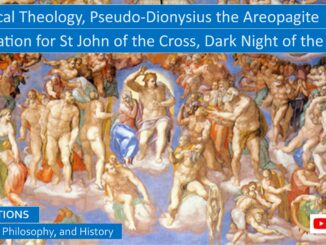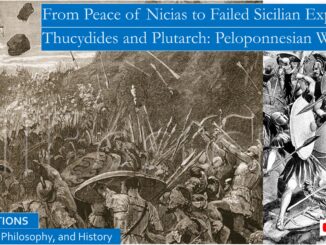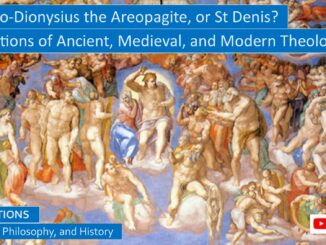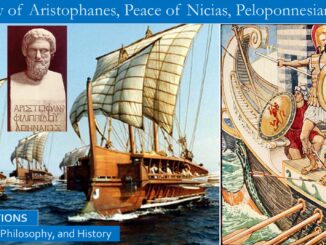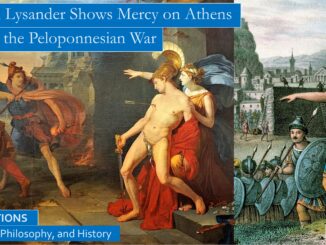
Spartan Lysander Shows Mercy on Athens, Ending the Peloponnesian Wars
Lysander was appointed as the Spartan naval commander near the end of the war. He was both an effective military leader and an able diplomat, negotiating Persian assistance from Cyrus the Younger in building and funding the fleet of triremes that would check Alcibiades and the generals who succeeded him, eventually winning the Peloponnesian Wars. We will consult Plutarch’s Life of Lysander, and also Thucydides and Xenophon, since Thucydides’ history ends soon after the Oligarchic coup, where it is picked up by Xenophon. […]

